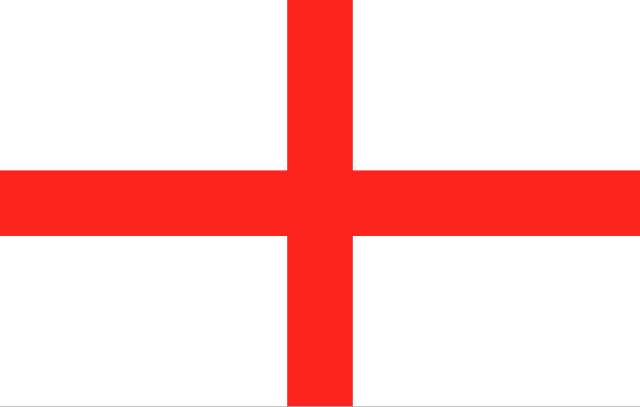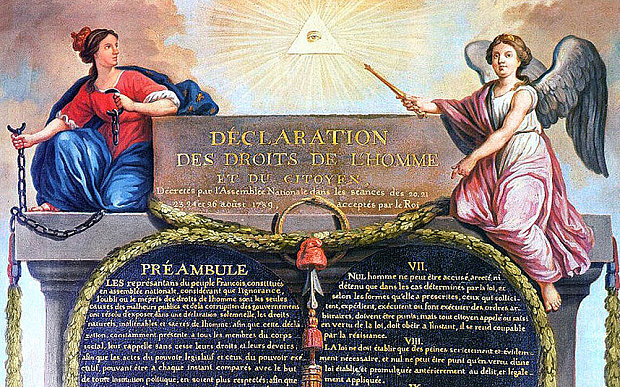
In the age of open borders and supranational governance, citizenship is either a transactional status or a taboo subject. But who belongs where – and why – remains a live question.
In this Battle of Ideas satellite event, novelist and writer Dolan Cummings examines the meaning of citizenship: is it a legal label, a shared fate, or a political responsibility?
In a piece on his Substack L’esprit de l’escalier Dolan challenged contemporary ideas of citizenship:
‘Our citizenship is comprised of interweaving strands: common heritage, common rights and responsibilities and common beliefs. The weight given to each varies over time and between places. But if there is such a thing as universal humanity – and I think there is – it emerges not from biology or from abstract ideas, but from participation in civilised life, which means being a citizen of a particular polis.’
At a time when some are seeking to reassert British citizenship by waving the flag and protesting against open borders, while others prefer Palestinian flags and cosmopolitan identities, does anything unite us as citizens?
Speaker: Dolan Cummings
Dolan is an Associate of the Academy of Ideas, a novelist and writer. His latest novel is The Pictish Princess…and other stories from before there was a Scotland.
Chair: Ruth Mieschbuehler
Ruth Mieschbuehler is programme leader for Education Studies at the University of Derby. She is Swiss citizen and a new British subject. Ruth convenes the Derby AFAF Branch.
Date, Time and Venue: Thursday 13 November at 19.00 in the Brunswick Inn, Derby
Tickets £3 plus fee on Eventbrite.
